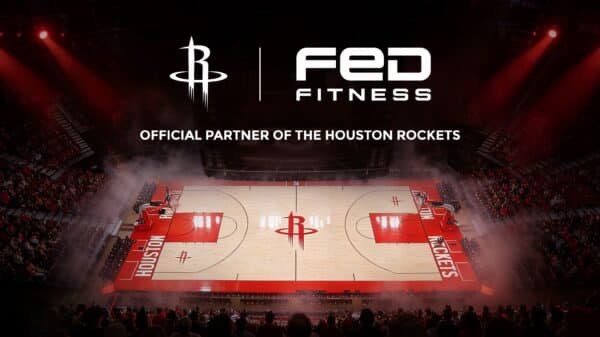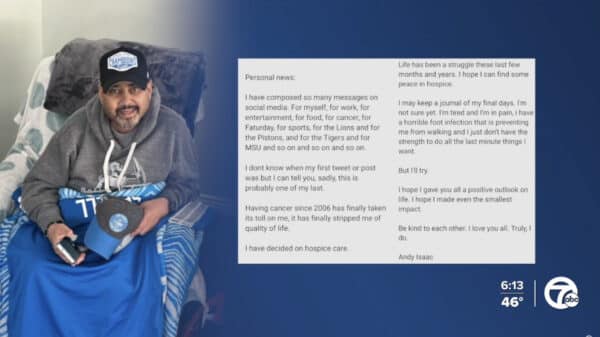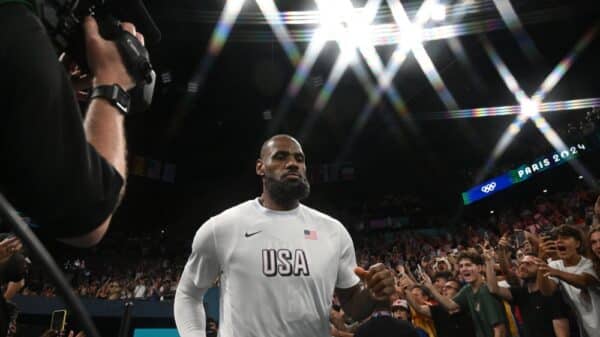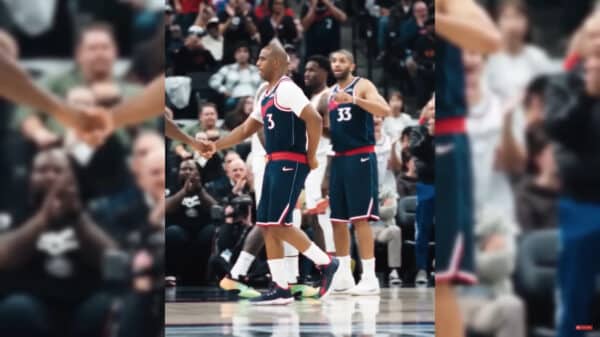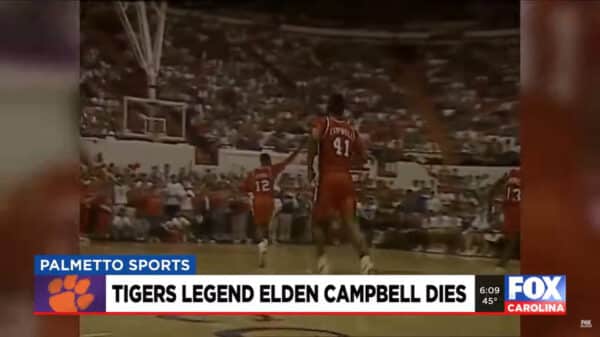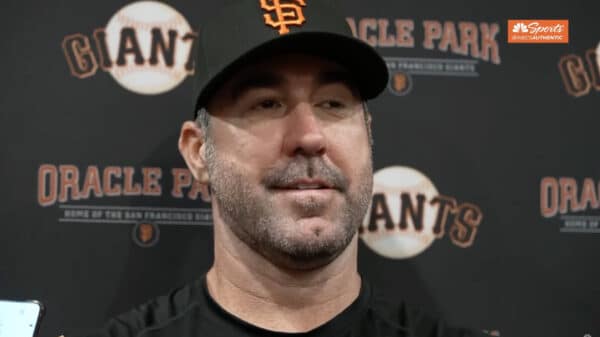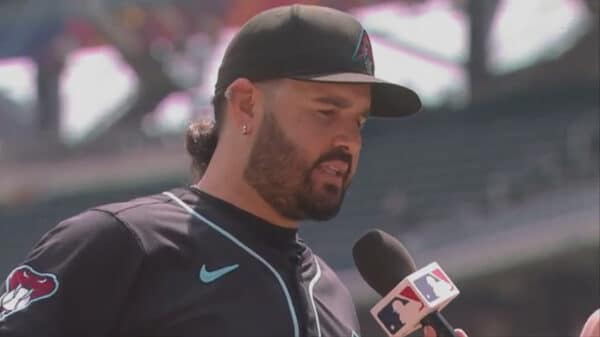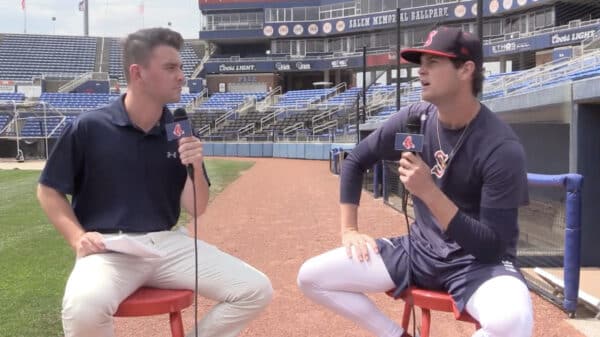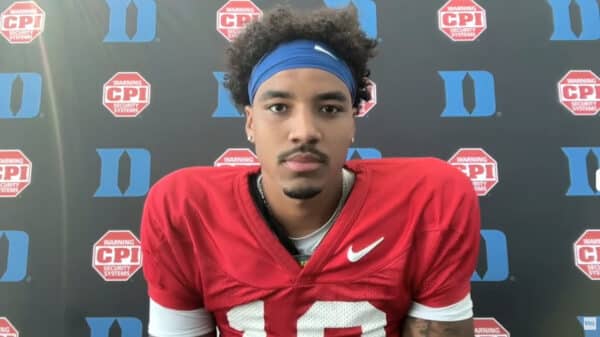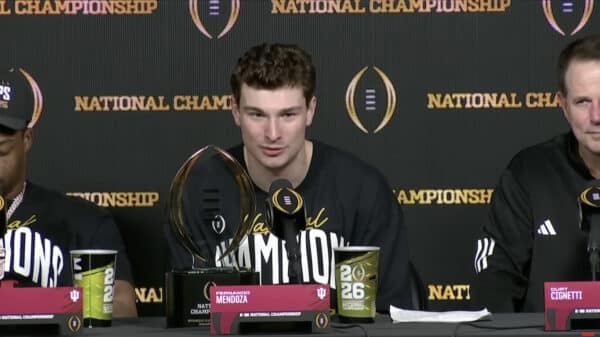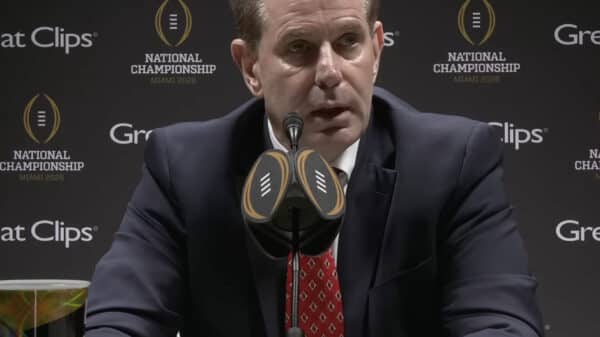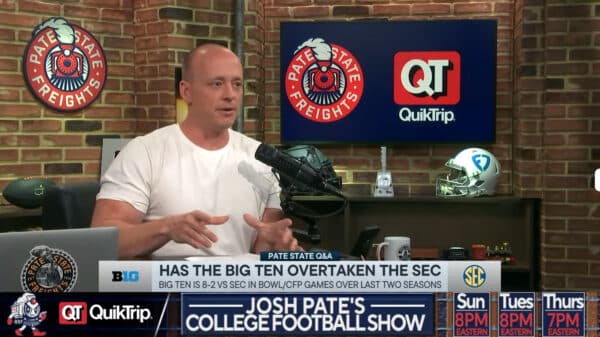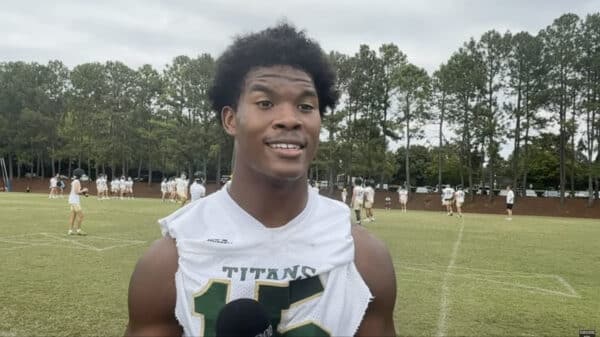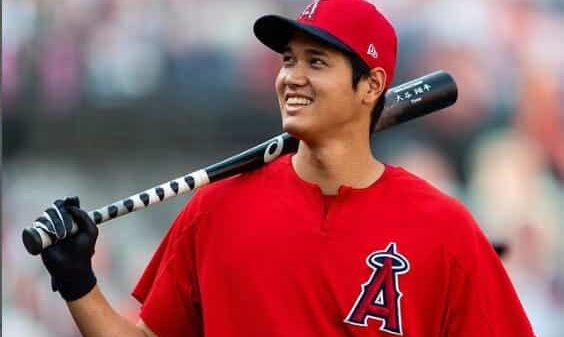The recent Home Run Derby at Truist Park served not only as a showcase of baseball talent but also ignited a wave of discontent among fans regarding the event’s host selection. ESPN’s decision to feature Pat McAfee, a former NFL punter turned media personality, has stirred conversation about the network’s strategic choices in sports commentary.
Host Selection Sparks Outrage
Traditionally, events like the Home Run Derby opt for hosts who resonate with the sport’s culture and history. McAfee’s comedic style, while popular in NFL circles, felt out of place for an audience expecting the reverence typically associated with America’s pastime. Fans expressed dissatisfaction and confusion when McAfee stumbled during introductions, notably mistaking Oneil Cruz’s affiliation by labeling him as a member of the Pittsburgh Steelers. Such errors illustrate how crucial it is for hosts to possess not only knowledge of the sport but also an ability to connect authentically with the audience.
A Disconnect with the Audience
This disconnect has broader implications, as reports revealed that even the energetic crowd of 60,000 appeared disengaged during McAfee’s segments. Social media became a battleground for fans venting their frustrations, highlighting sentiments that McAfee’s presence was unwarranted. Comments like “Why is a former punter introducing MLB players?” echoed a collective sentiment of disappointment. The backlash has drawn comparisons to previous controversies involving ESPN’s overexposure of other personalities, such as Stephen A. Smith, raising concerns about the network’s commitment to genuine sports narrative.
More Than Just a Hosting Blunder
Critics suggest that the incident is emblematic of a troubling trend in sports media, wherein networks opt for flashy personalities at the expense of substantive commentary. This misstep asks us to consider what we, as fans, truly value in sports broadcasting. We want narratives and personalities that reflect the essence of the game, not just entertainers seeking their moment in the spotlight.
The Future of Sports Commentary
As we reflect on this incident, we must ponder whether baseball and ESPN will take note and adapt before future events like next year’s All-Star festivities in Philadelphia. Will they be willing to prioritize authenticity over spectacle? Fans are hopeful that lessons learned from this backlash will steer the conversation toward a more genuine representation of their beloved sport.
Conclusion: Seeking Authentic Connection
In the end, the uproar surrounding McAfee’s hosting serves as a reminder: genuine, relatable commentary is vital for the sports audience. Fans engage with baseball not just for the athletes but for the shared history and passion that the sport represents. The hope is that moving forward, decisions about who represents the game will not only resonate with viewers but also uphold the rich tapestry of baseball’s culture. As we look ahead, only time will reveal whether ESPN and MLB can bridge the gap between entertainment and authenticity in their broadcasts.
Image SOurce: WWE @ YouTube


